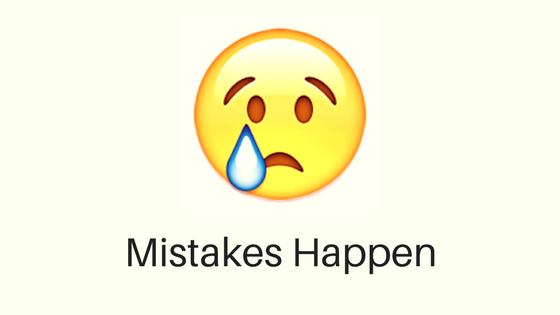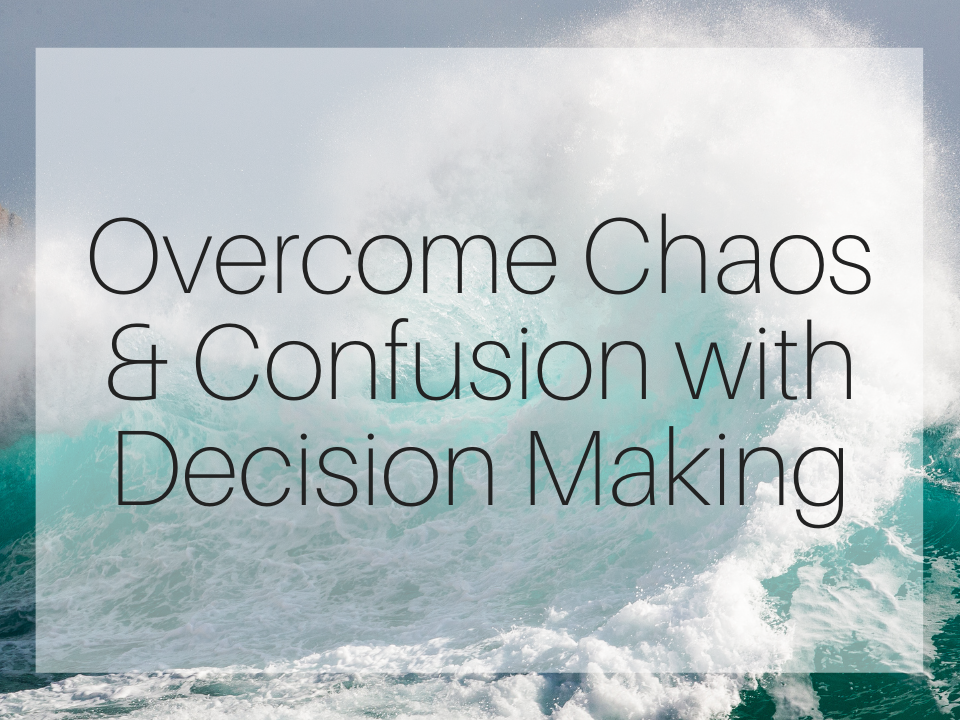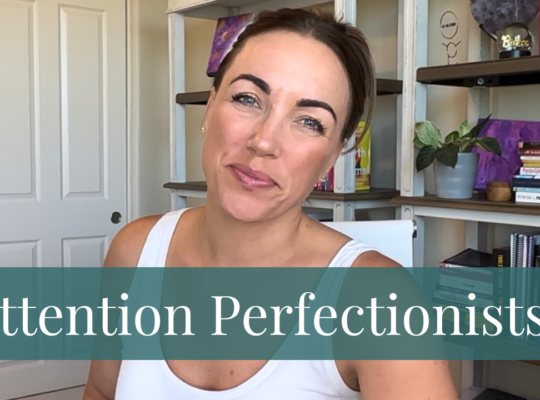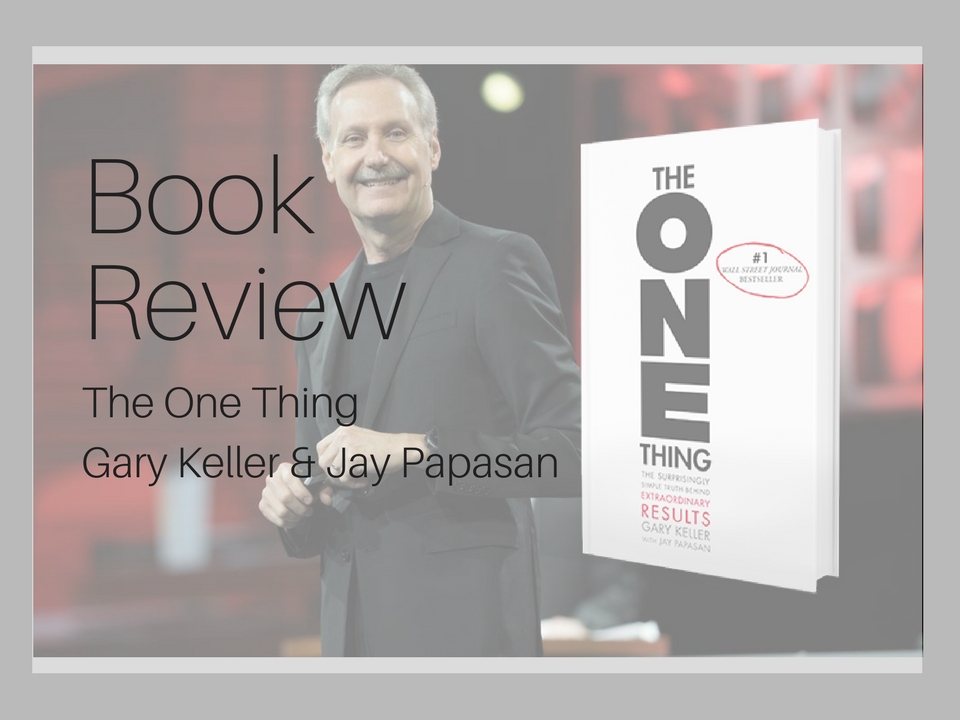Ever say yes to something and then immediately regret it? I know I have. Personally, this has happened a lot for me with respect to speaking engagements, specifically where my time and talent is being volunteered. The person inviting me means well, wants to introduce me to their network of professionals and be of helpful service to everyone involved.
While some of these opportunities were truly exceptional and worth saying yes to, that wasn’t the case for all of them. Accepting those invitations was costing me the time that was required to engage with my clients, create new customers, refine my programs and sharpen my saw. After years and years of a blanket “yes” to those invitations, I realized that I was saying yes far too often and could benefit from saying no.
When I stopped and examined my habit of saying yes, what I found was that my reason for saying yes had more to do with what the other person would think of me and less to do with how the event really squared with my dreams, goals and priorities.
I decided to do something about it. Rather than accepting every invitation, now I take the time to understand the event, the audience, my current priorities and how they are related to one another. Am I saying yes to me too? Sometimes the answer is yes and other times, I say “Thank you for the opportunity”.
Saying yes when you want to, or worse yet, know you ought to say no can be a huge time thief. It would be easy for me to tell you, just tell ‘em no and carry on. But that won’t work here. We have to dive a bit deeper.
Consider the premise that we are working from. Thoughts create feelings. Feelings create action. Action creates results. When we are presented with all the various ways to spend our time, how we respond to the invitation matters and it’s rooted in our thinking.
First, many of us are on autopilot. We’ve said yes to the same people, events, situations and circumstances for years. It’s literally second nature. The first step is to recognize if you too are on autopilot when it comes to your commitments.
Second, say for example you’ve been asked to take a meeting, maybe it’s a vendor wanting to win your business; a professional colleague wanting to catchup on the latest and greatest happening in your industry. Whatever it is for you… You know that you ought to say no, it’s not aligned with your current priorities and goals. But you say yes anyway. Why? We have to go back to the dominant thoughts running you.
If you say no, then what? Then…. They won’t like you, will be mad at you, will think you’re not being “nice”, you’ll miss out on future opportunities, tell their friends. What’s the voice in your head saying? And, is it actually true? And, are you willing to continue to accept that?
Often, we have formed very strong paradigms around being agreeable, available, helpful and willing. We watched it being modeled in our homes, schools and organizations for years and years. The truth is, just because you witnessed it, doesn’t make it right, normal or a pathway to success.
Typically, people are successful despite of their habits of saying yes, not because of it.
Another way is available.
What if you looked at saying no as a way of saying YES to you, your dreams, your goals, your priorities?
If you’re in the habit of saying yes when you want to say no and are ready to think, feel and act differently, here are a few considerations and techniques to support you along the way.
1. Consider, it’s going to feel uncomfortable. Like wearing your hair or makeup a different way. You’re not accustomed to this new way of being and your paradigm will fight to keep you in the same spot. Allow the discomfort to pass through you.
2. Instead of “coming in hot” and blurting out “no”, adopt an approach that gives you the space to really consider what you want. Respond with: “Thank you for the invitation, I will get back to you in 24 hours.” Then, privately consider how the invitation squares with your dreams, goals and priorities. Then, you can respond letting them know you appreciate the invite/opportunity etc and right now isn’t a good time.
3. Share what you’re working on. If you’ve spents years and years being available and willing to everyone around you, and you begin pulling in the reigns, it’s possible they will take it personal. Avoid unnecessary drama. Affirm the relationship and let them know that you’re being intentional about what you choose, it’s not them, it’s you.
4. Practice makes you better. Remember, this is a practice. Somedays you’ll be great. Other days not so much. Be kind to yourself as you adopt this new way of thinking.
Thanks so much for reading. ! If you liked this lesson, you’ll want to hang around for more.
Get my free guide: The 7 Thieves of Time. Saying Yes is just one of seven thieves, learn the six others and strategies to overcome them. Download it HERE.





